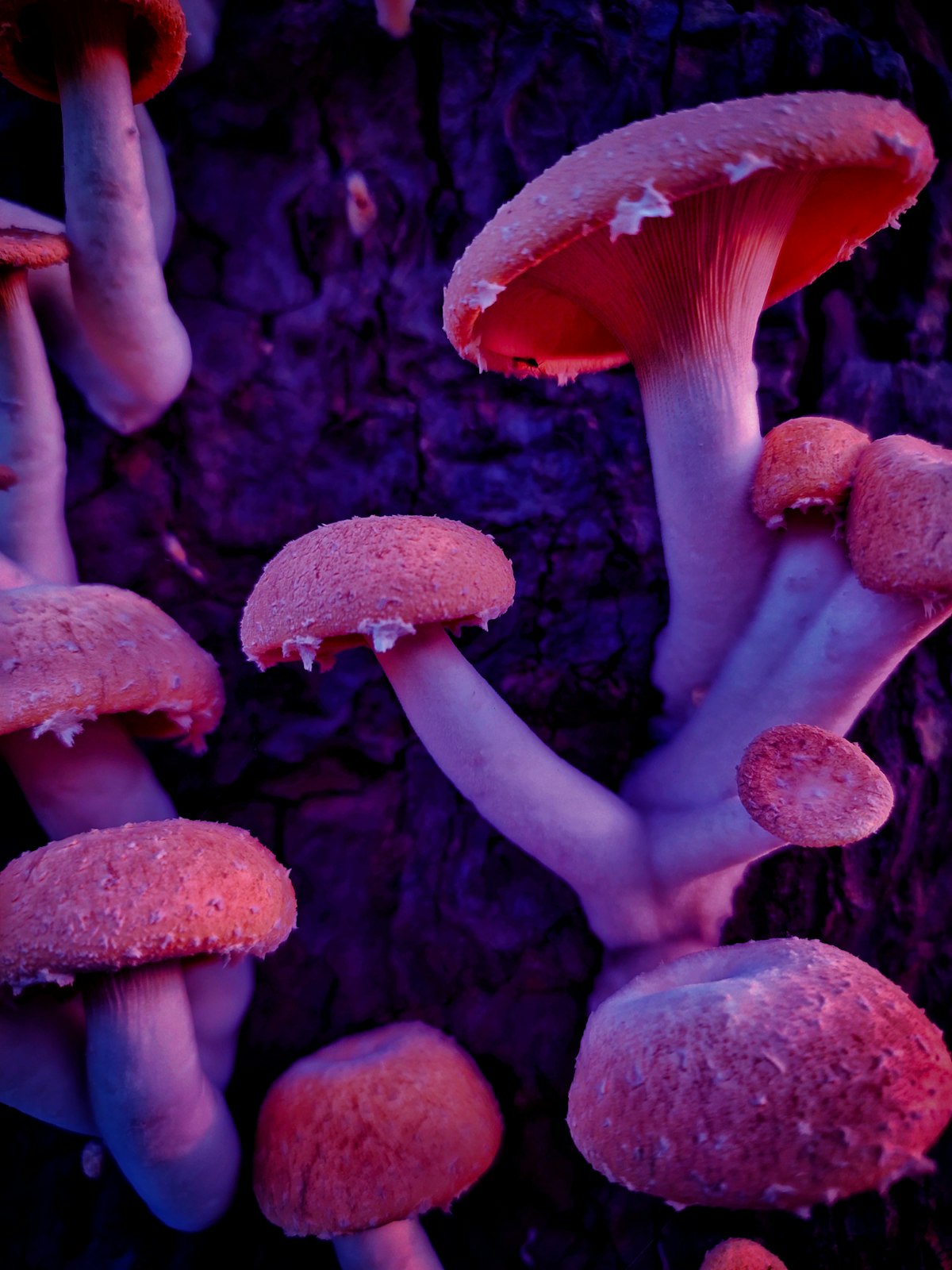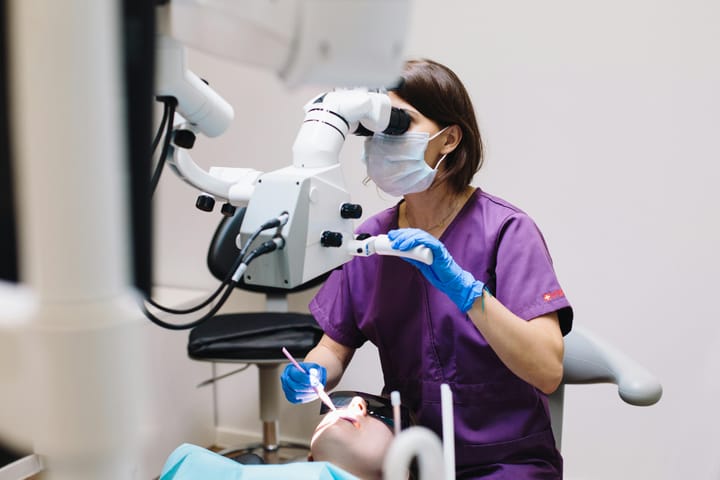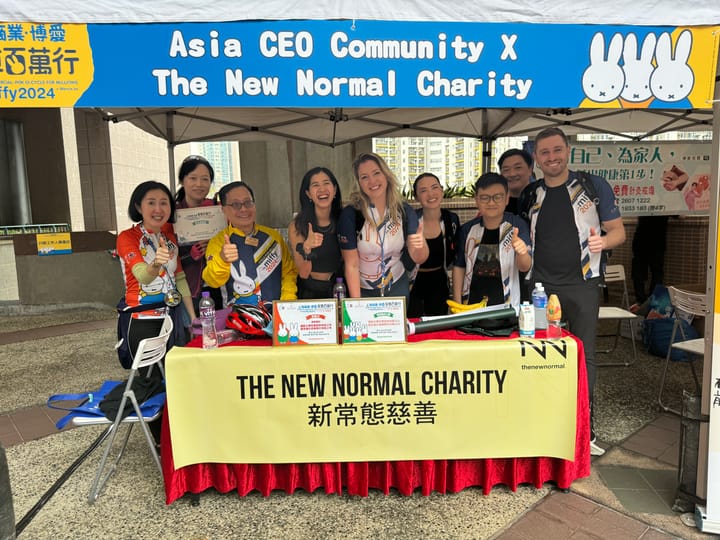How experimental drug treatments affect people with mental illnesses
As a part of our overall wellness, mental health plays a huge role by affecting how we experience our everyday lives. But, according to the WHO, mental health conditions and substance use disorders have risen 13% in the last decade.

A few minutes every morning is all you need.
Stay up to date on the world's Headlines and Human Stories. It's fun, it's factual, it's fluff-free.
As a part of our overall wellness, mental health plays a huge role by affecting how we experience our everyday lives. But, according to the WHO, mental health conditions and substance use disorders have risen 13% in the last decade. While there are social changes that we can make to improve overall mental health (for example, decreasing wealth gaps, making housing more accessible, pursuing social progress, etc.), medical treatment for certain mental illnesses will always be necessary.
And actually, there’s been a new trend in treating mental illnesses using the kinds of drugs people usually take for fun. But this time, they’re being used in a controlled medical environment. The most recent breakthroughs have been with psychedelics – and four drugs in particular: psilocybin, ketamine, MDMA and LSD.
First, let’s talk about ketamine, also known as “Ket” and “Special-K” (and probably a bunch of other nicknames). Originally an anesthetic, ketamine began being researched in the 2000s by medical professionals as a possible treatment for depression. Ketamine helps the brain activate glutamate, which plays a big role in mood regulation. But only a few years ago, in 2019, did we see ketamine become a more legit treatment. The FDA in the US approved the use of an esketamine nasal spray called Spravato for treatment-resistant depression.
Another drug getting a lot of attention right now is psilocybin, or magic mushrooms. There are trials on ‘shrooms taking place all over the US, but they’re kind of difficult to access (no kidding). According to users, this drug can cause increased euphoria and a heightened awareness of parts of the environment. These trips can cause an “afterglow” lasting for months.
Also, instead of taking a large amount of drugs and tripping your face off, many people microdose. This means taking small doses every few days so you get the health benefits without the high.
There are, of course, risks with taking any kind of drugs. For example, with LSD, there are pros and cons. “If you’re constantly stimulating these neurons, even with a small dose of these compounds, the neurons just can’t take it,” said David Olson, a chemistry professor at the University of California.




Comments ()